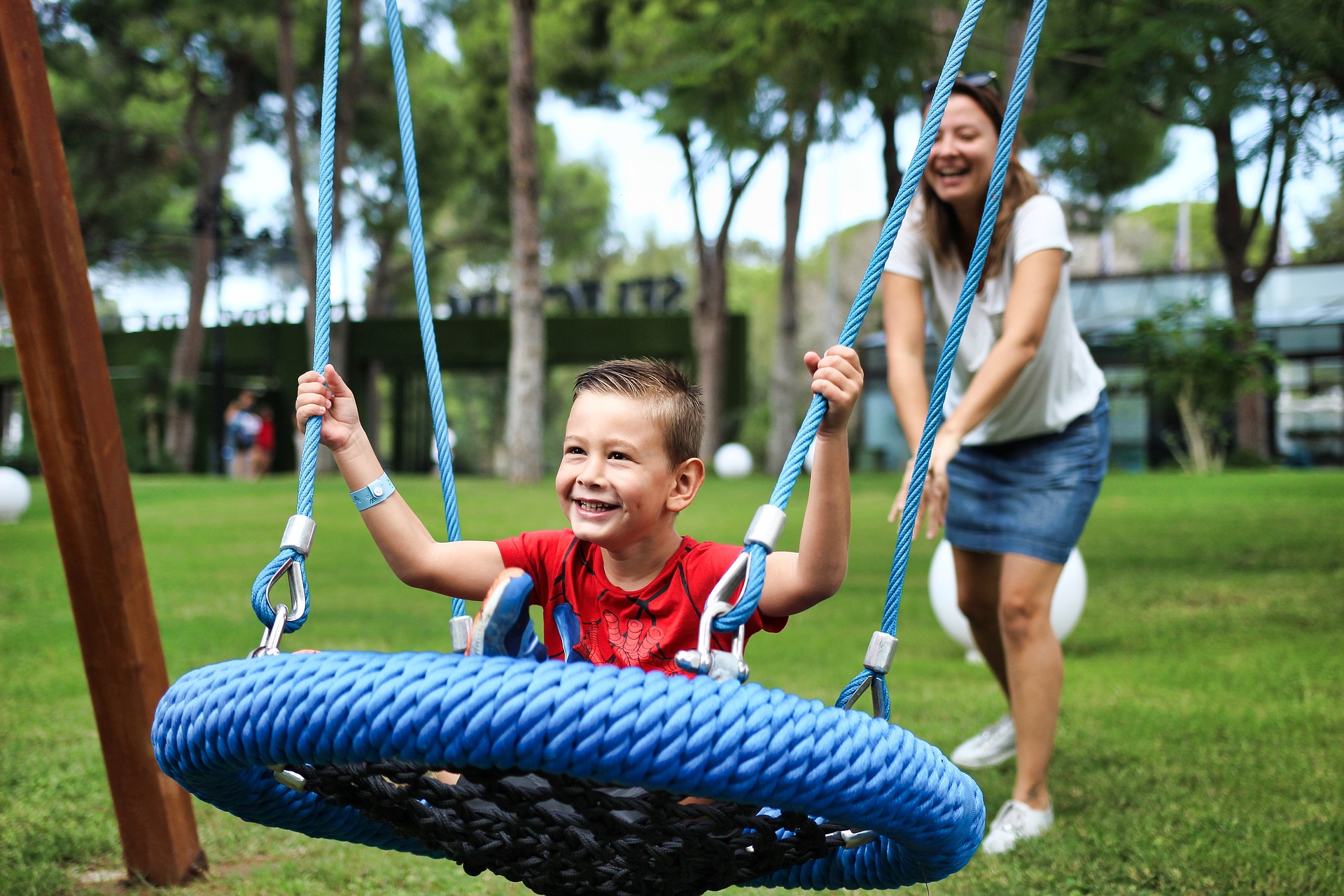 In last week’s blog we started a speech and language developmental milestone quiz for parents and caregivers.
In last week’s blog we started a speech and language developmental milestone quiz for parents and caregivers.
Early intervention with speech therapy equips children with the necessary tools they need to communicate with confidence and reach their full potential.
Here at First Words Therapy, our dedicated professional speech and language therapist take a specialized and holistic approach to recognize any delays during the critical development stages.
The American Speech-Language-Hearing Association (ASHA) has listed some common questions from parents and the answers.
By what age do most children put two or more words together—like more water or go outside?
Most children put two or more words together between 19 and 24 months.
You should wait until you know for sure that your child is delayed before seeking help.
The earlier you get help, the better! Did you know that 80% of brain development occurs in the first 3 years of life? This is the ideal time window for intervention because the brain is most flexible. By getting help early, you can prepare your child for future school readiness and success. Some communication delays and disorders can even be prevented entirely with early intervention. But remember, it’s never too late to seek help: A child can always make progress.
Strong speech and language skills help a child with reading and writing.
Speech and language skills form the basis for later reading and writing. Knowing a lot of different words, understanding the sounds that the different letters make, and being familiar with how books work (e.g., finding the cover; understanding that books have a beginning, a middle, and an end; and that you read from left to right) all help prepare a child for reading and writing. It’s never too early to introduce books to your child.
You don’t need to read to babies until they’re old enough to understand what you’re saying.
It’s never too early to start reading to your child. This is one of the best ways to (a) build children’s speech and language skills and (b) support their overall brain development. Give your child board books to hold and flip through. Point and name objects on the page as you read to them. Read your child’s favorite books over and over again. As your child grows, pause and let them finish the sentences for you. Take your time—in doing so, you’ll build communication skills, bond with your child, and foster a love of reading.
The speech therapist at First Words Speech Therapy develop individualized treatment plans based on evidence based techniques, tailored to meet the challenges of each specific child. We also work closely with families to provide ongoing support throughout the process.


